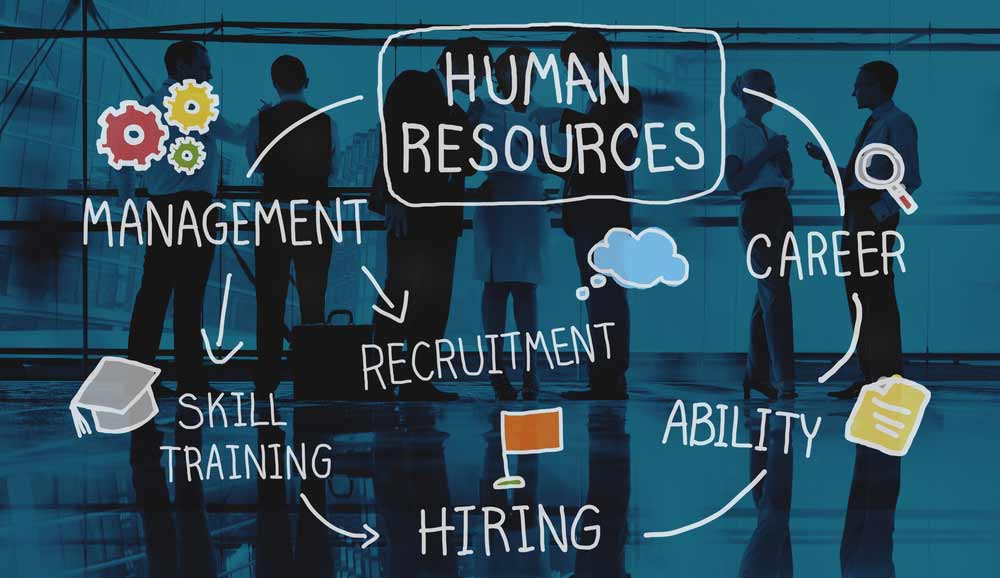
Human Resources (HR) is an essential function within any organization, encompassing a wide range of responsibilities that focus on managing and supporting the workforce. HR’s role is integral to the success of a company, involving recruitment 香港獵頭公司, employee development, performance management, legal compliance, and the cultivation of a positive workplace culture.
The recruitment and staffing process is a fundamental aspect of HR. This involves identifying the staffing needs of the organization, attracting qualified candidates, conducting interviews, and selecting the best individuals for the job. Effective recruitment strategies are crucial for building a capable and diverse workforce. HR professionals use various methods such as job postings, social media, recruitment agencies, and employee referrals to reach a broad audience. A thorough and well-executed recruitment process helps ensure that the organization hires individuals who align with its values and objectives.
Onboarding and training new employees is another critical responsibility of HR. Onboarding ensures that new hires are smoothly integrated into the company, understand their roles, and are familiar with the company culture. Effective onboarding improves employee retention and productivity by providing new employees with the information and resources they need to succeed. Additionally, continuous training and development opportunities, such as workshops, seminars, and online courses, help employees enhance their skills and advance in their careers. Investing in employee development not only benefits the individuals but also contributes to the overall growth and competitiveness of the organization.
Performance management is a key function of HR that involves setting clear performance expectations, providing regular feedback, and conducting performance appraisals. Effective performance management helps identify high performers, address areas for improvement, and align individual goals with organizational objectives. By recognizing and rewarding good performance, HR helps motivate employees and foster a culture of excellence. Performance management also includes handling employee relations, addressing grievances, and resolving conflicts to maintain a positive and productive work environment.
Compliance with labor laws and regulations is a significant responsibility for HR professionals. This includes ensuring that the organization adheres to employment laws related to wages, working hours, health and safety, and anti-discrimination. HR must stay updated with changes in legislation and implement necessary policies and procedures to avoid legal issues and ensure fair treatment of employees. Compliance is crucial for protecting the organization from legal risks and fostering a fair and just workplace.
Managing employee benefits and compensation is another important aspect of HR. This involves designing and administering benefits packages that may include health insurance, retirement plans, paid leave, and other perks. Competitive compensation and benefits are essential for attracting and retaining top talent. HR professionals must balance the need to offer attractive benefits with the organization’s budget constraints, ensuring that the compensation structure is both fair and sustainable.
Fostering a positive workplace culture is a vital function of HR. This involves creating an environment where employees feel valued, engaged, and motivated. HR initiatives such as team-building activities, recognition programs, and employee wellness programs contribute to a positive organizational culture. A strong workplace culture enhances employee satisfaction, reduces turnover, and increases productivity.
HR also plays a critical role in managing organizational change. Whether it’s a merger, acquisition, restructuring, or the implementation of new technology, HR professionals help manage the transition smoothly. This includes communicating changes to employees, providing support and training, and addressing any concerns or resistance. Effective change management helps minimize disruptions and ensures that employees are aligned with the new direction of the organization.
In today’s diverse and globalized workforce, HR also focuses on diversity and inclusion. This involves promoting a diverse workforce, ensuring equal opportunities for all employees, and creating an inclusive environment where everyone feels respected and valued. Diversity and inclusion initiatives enhance creativity, innovation, and overall organizational performance.
In summary, HR is a multifaceted function that plays a crucial role in an organization’s success. By effectively managing recruitment, employee development, performance management, compliance, and workplace culture, HR professionals contribute significantly to the growth and sustainability of the organization. Through fostering a positive work environment and promoting diversity and inclusion, HR helps build a strong and resilient workforce that drives the organization’s objectives forward.
